Professional Backup Power Installation Services
Installing a backup generator provides reliable power during outages, ensuring essential appliances and systems remain operational. It enhances safety, comfort, and security in residential properties by preventing disruptions caused by power failures.
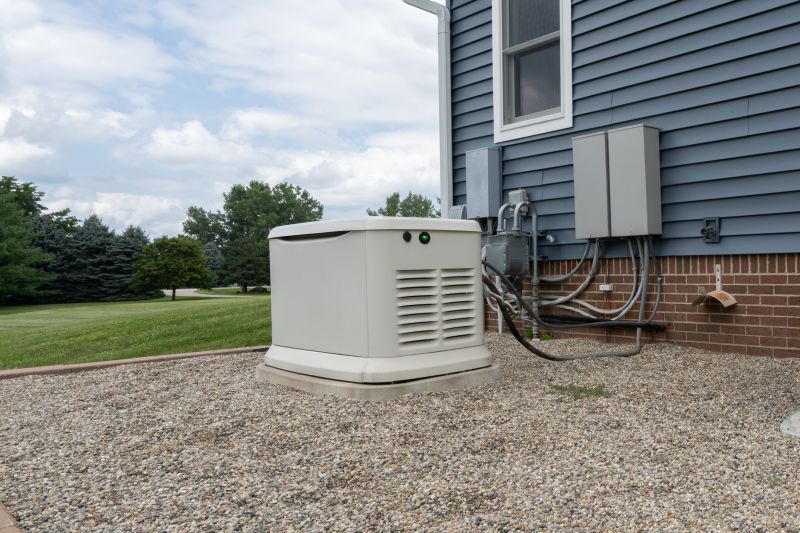
A standby generator installed outside a home, ready to provide power during outages.
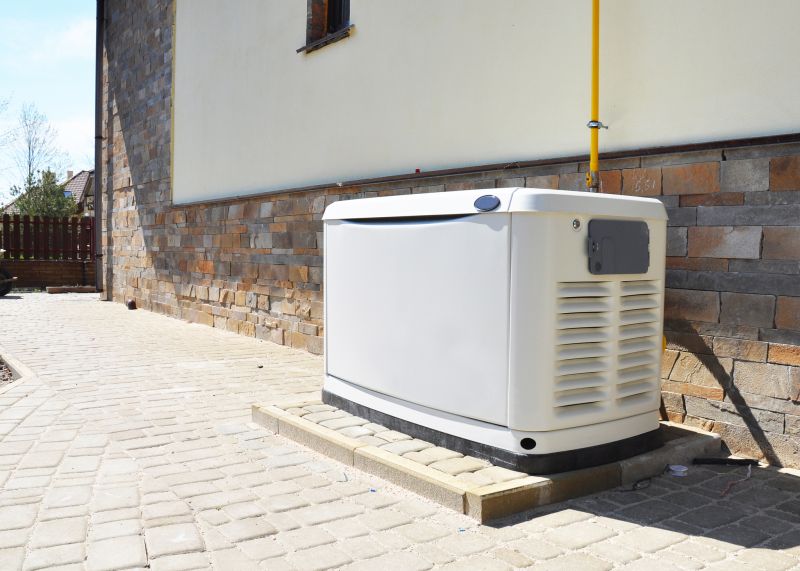
Close-up of a generator's connection to a home's electrical system, highlighting integration.
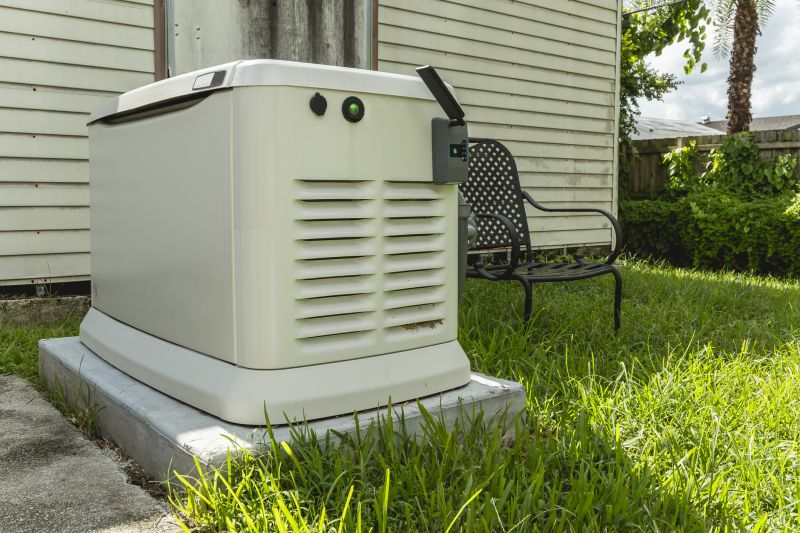
A backup generator positioned in a backyard, demonstrating residential installation.
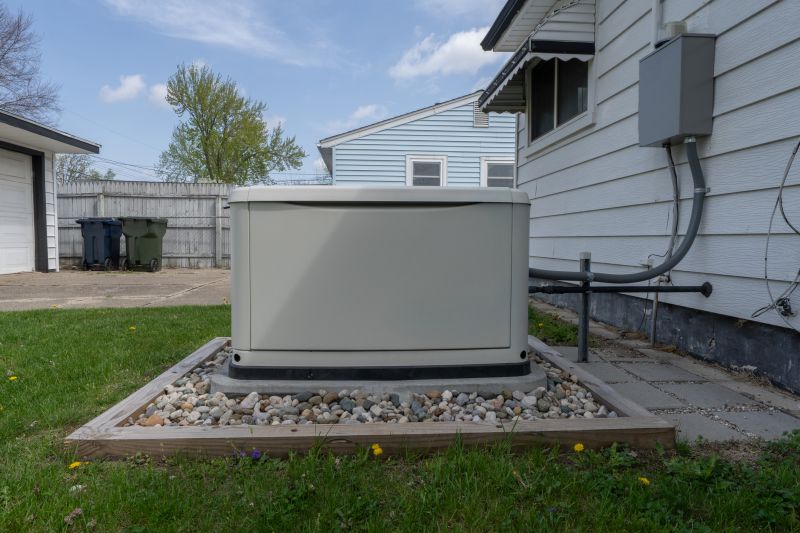
A house with a backup generator, ensuring continuous power supply.
The process of installing a backup generator involves several key steps. Initial assessment determines the appropriate generator size based on household power needs. Site preparation includes selecting a suitable location, ensuring proper ventilation, and establishing a stable foundation. Electrical connections integrate the generator with the home's existing wiring, adhering to safety standards. The installation typically takes one to two days, depending on site complexity. Proper testing ensures the system functions correctly before finalizing the setup.
A backup generator ensures continuous power supply during outages, minimizing disruptions.
Maintaining lighting, heating, and essential appliances enhances safety and security at home.
A professionally installed backup generator can add value to a residential property.
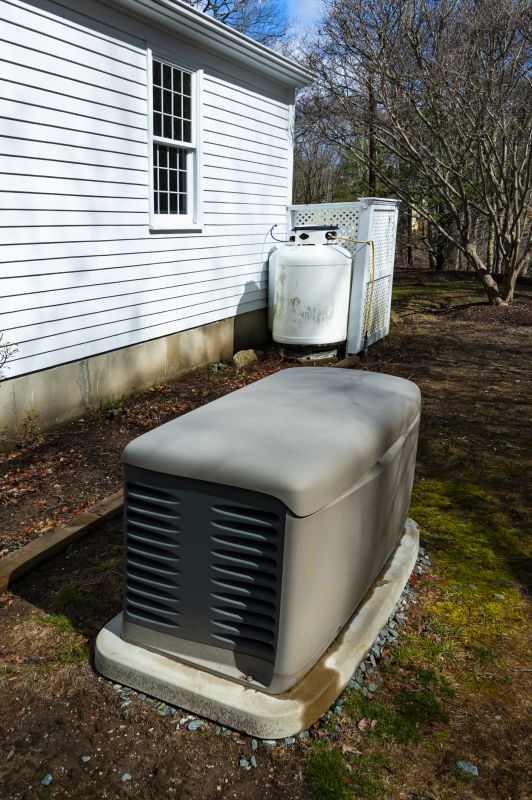
A backup generator installed in a driveway, ready for utility outages.
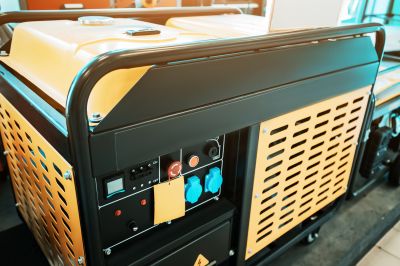
Close-up of a generator's control panel, illustrating user interface.
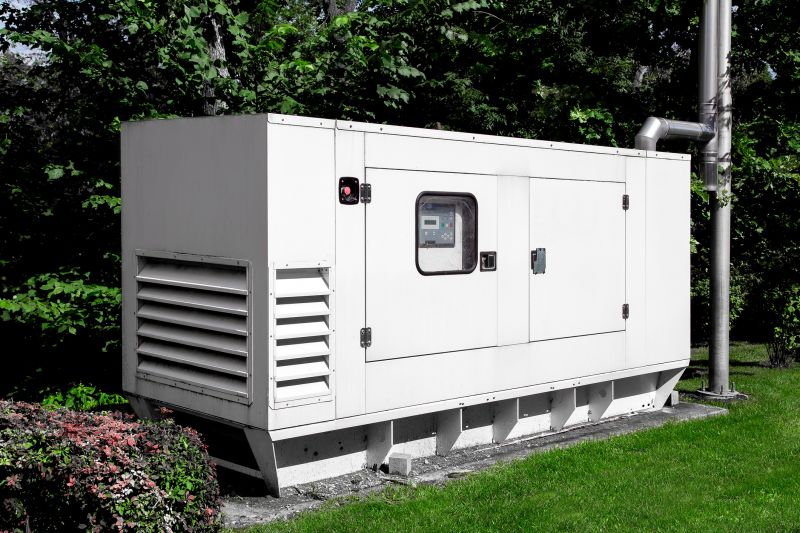
A weather-resistant enclosure housing a residential backup generator.
Choosing to install a backup generator involves evaluating household power requirements, budget considerations, and installation logistics. Professional assessment ensures the correct generator size and placement, optimizing performance and safety. The process includes obtaining necessary permits, coordinating with utility providers, and scheduling installation to minimize inconvenience. Proper maintenance post-installation extends the lifespan and reliability of the system.
A backup generator provides dependable power during outages, ensuring household functions continue seamlessly.
Preventing power loss reduces costs associated with spoiled food, data loss, and emergency repairs.
Maintains comfort levels and essential functions without interruption during utility failures.
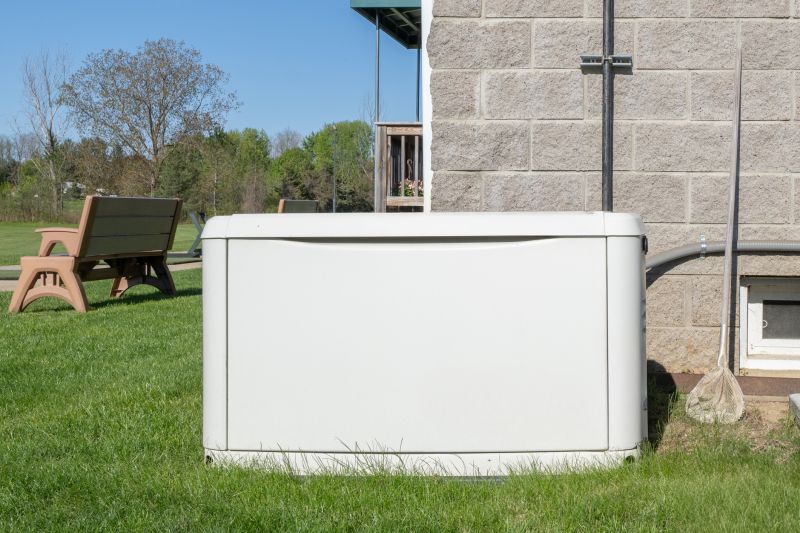
A modern home equipped with a backup generator, ensuring continuous operation.
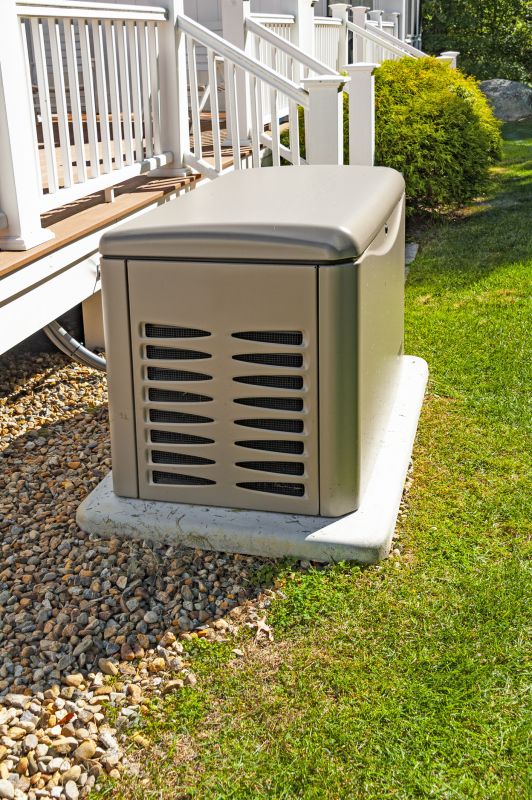
A prepared site ready for generator setup, showing foundation and ventilation considerations.
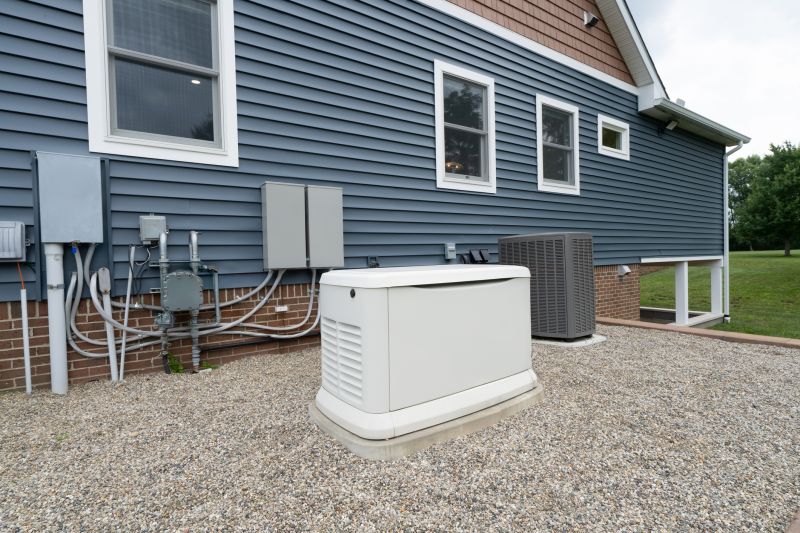
A generator operating during a simulated outage scenario, demonstrating functionality.
Prospective homeowners and property owners are encouraged to consider the long-term benefits of backup generator installation. A professional assessment ensures optimal placement, sizing, and integration with existing electrical systems. Filling out a quick contact form can facilitate obtaining a personalized quote, enabling informed decisions about enhancing home resilience with a reliable backup power solution.
